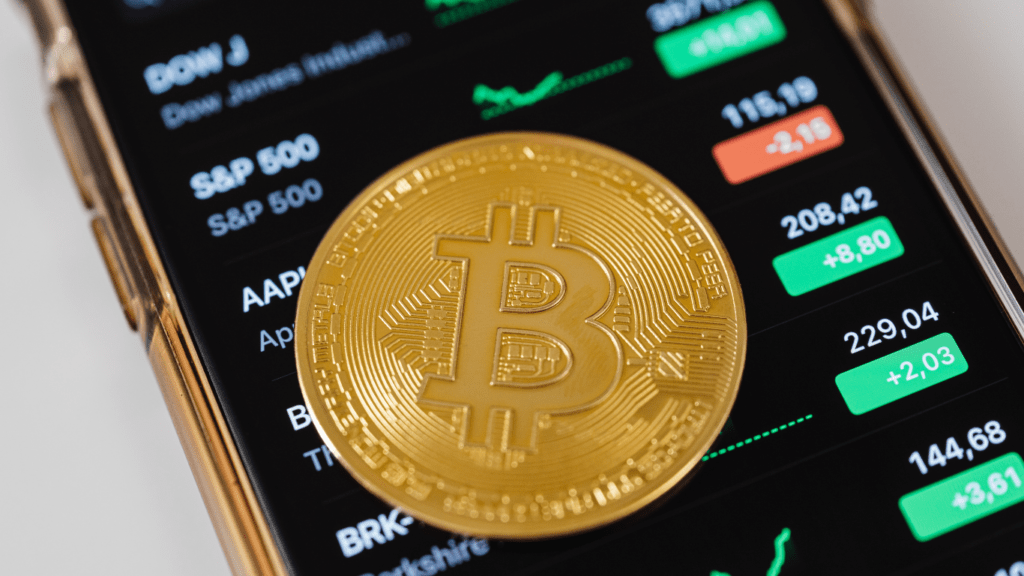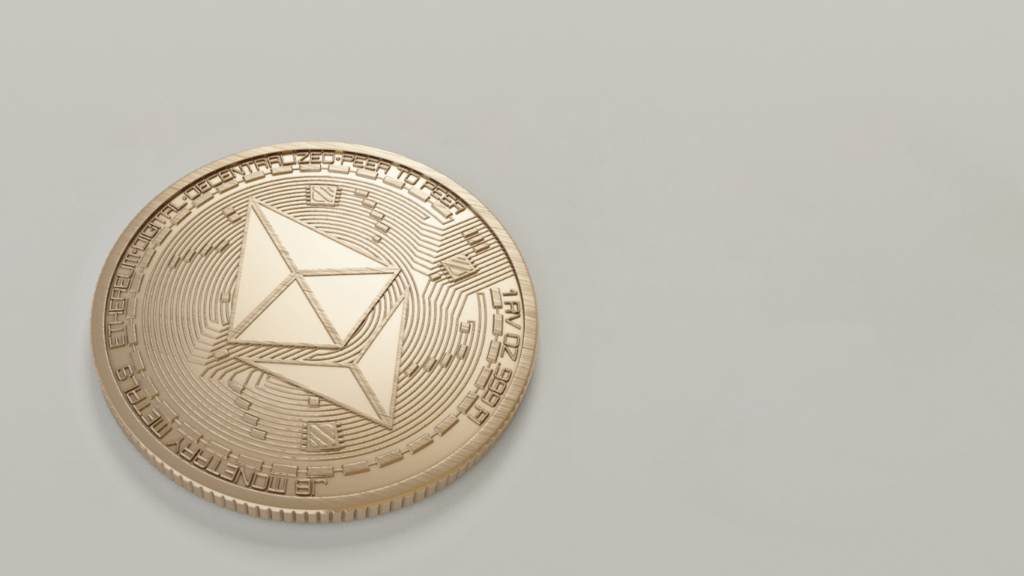Understanding NFTs
Non-Fungible Tokens (NFTs) represent unique digital assets powered by blockchain technology. Unlike cryptocurrencies like Bitcoin or Ethereum, which are fungible and can be exchanged one-for-one, NFTs hold distinct value and cannot be interchanged. Each NFT contains metadata defining its uniqueness, ownership history, and provenance.
What Makes NFTs Unique
NFTs stand out due to their indivisibility, rarity, and verifiability. Indivisibility ensures that an NFT can’t be split into smaller units; ownership must transfer wholly.
Rarity drives value in NFTs. Limited editions or one-of-a-kind pieces tend to be highly coveted. Blockchain technology offers transparency, making provenance and ownership records tamper-proof.
How NFTs Work
NFTs exist on blockchains, mainly Ethereum, which supports the ERC-721 and ERC-1155 standards. These standards define the protocols for creating widely recognized NFTs. Smart contracts, embedded within NFTs, automate transactions and enforce ownership rules. Each transaction gets recorded on the blockchain, ensuring transparency.
Types of NFTs
NFTs range across various categories. Digital art NFTs, like those on platforms such as OpenSea, dominate the market. Virtual real estate, seen in Decentraland or Cryptovoxels, offers ownership of virtual land.
Collectibles include items in games like CryptoKitties or Axie Infinity. Music and media NFTs, represented by artists directly, give fans unique ownership of content.
Benefits of Owning NFTs
NFT ownership unlocks exclusive access, potential investment returns, and digital bragging rights. Holding NFTs can grant entry to unique events, virtual spaces, or communities. When their value appreciates, NFTs offer profitable resale options. NFTs often symbolize status within digital realms.
Potential Risks
NFT investments come with risks. Market volatility can lead to financial loss if demand decreases. Scams and fraudulent activities persist; due diligence is essential. Legal regulations around NFTs are still evolving, potentially impacting future valuations.
Why Invest in NFTs?
NFTs offer unique opportunities in the digital investment landscape. Understanding their advantages helps identify why they’re gaining traction.
Potential for High Returns
NFTs present significant profit potential. Early adopters have experienced enormous value appreciation. Cryptopunk #3100, initially claimed for free, sold for $7.6 million in 2021. While not typical, such examples show the upside. Investing in rare, sought-after NFTs offers substantial returns.
Digital Ownership and Assets
NFTs represent digital ownership in a verifiable manner. Blockchain technology certifies uniqueness and prevents duplication. Buying an NFT means owning a distinct digital asset, not just using it.
For example, owning a Bored Ape NFT grants exclusive access to specific virtual communities. Additionally, creators gain royalties from secondary sales. This feature provides lasting revenue potential.
How to Get Started with NFT Investments
Getting started with NFT investments involves several key steps. It’s essential to understand the foundational elements before diving into the market.
Setting Up a Digital Wallet

Setting up a digital wallet is the first step. Digital wallets store cryptocurrencies used to buy, sell, and trade NFTs. Opt for a wallet supporting Ethereum since most NFTs are Ethereum-based. Examples include MetaMask, Trust Wallet, and Coinbase Wallet. Each wallet offers secure transactions and easy access to NFT marketplaces.
- Choose a Wallet: Select one from trusted options like MetaMask, Trust Wallet, or Coinbase Wallet.
- Create an Account: Sign up using an email, create a strong password, and write down your recovery phrase.
- Fund Your Wallet: Buy Ethereum (ETH) from exchanges like Coinbase or Binance, then transfer ETH to your wallet.
Choosing a Marketplace
Next is choosing a marketplace to buy NFTs. NFT marketplaces are digital platforms where creators list their works, and buyers purchase them. Popular marketplaces include OpenSea, Rarible, and Foundation. Each platform has unique features, fees, and types of NFTs available.
- Research Marketplaces: Look into OpenSea, Rarible, SuperRare, and Foundation. Compare fees and available NFTs.
- Create an Account: Sign up on your chosen marketplace using your digital wallet.
- Connect Your Wallet: Link your digital wallet to the marketplace to enable buying and selling NFTs.
Understanding these foundational steps ensures you’re prepared to start investing in NFTs with confidence. Keep informed about the latest trends and developments in the NFT space to make informed decisions.
Tips for Successful NFT Investing
Gaining insights into key strategies enhances success in NFT investing. Here, I outline crucial tips for navigating this dynamic market.
Do Your Research
Market research provides a solid foundation for NFT investments. Understanding NFT characteristics, blockchain technology, and the specifics of digital marketplaces like OpenSea or Rarible helps identify promising assets. Evaluating the historical performance of creators, examining ownership histories, and staying aware of legal implications mitigates risks. Utilize platforms like CoinGecko and DappRadar to analyze trends and data-driven insights.
Diversify Your Investments
Diversifying investments spreads risk and increases potential returns. Including various types of NFTs such as digital art, virtual real estate, and music/media ensures exposure to different market segments.
Invest in both high-profile NFTs and emerging creators to balance prestige and growth potential. Avoid over-concentrating on a single creator or asset type to safeguard against market volatility.
Stay Updated with Trends
Staying updated with trends helps make informed decisions. Follow authoritative sources like CoinTelegraph and NFT-specific forums to keep abreast of new developments.
Joining online communities on Discord and Twitter, monitoring influential figures, and participating in NFT events provides real-time insights. Understanding evolving market dynamics enables timely investment adjustments.
By implementing these strategies, NFT investors can navigate this emerging market with greater confidence.
Common Pitfalls to Avoid
Avoiding common pitfalls enhances the likelihood of success when investing in NFTs.
Overextending Finances
Investing in NFTs presents exciting opportunities, but it’s crucial to avoid overextending finances. Allocate only discretionary funds and avoid using essential savings for NFT purchases.
An example is setting specific monthly spending limits and sticking to them. If prices plummet, it ensures that the overall financial health remains stable.
Falling for Scams
The NFT space, like any investment domain, has its share of scams. Stick to verified platforms and double-check URLs to avoid phishing sites. Examples include fake marketplace URLs or fraudulent social media accounts claiming false NFT drops. If too-good-to-be-true offers surface, they often are; research every investment decision to confirm authenticity.

 Alice Morillo is a prominent figure at The Digi Chain Exchange, known for her passion and expertise in the field of cryptocurrency and digital finance. With a keen interest in the evolving landscape of blockchain technology, Alice has dedicated herself to providing insightful content that helps both new and seasoned investors navigate the complexities of the crypto world. Her contributions to The Digi Chain Exchange reflect her deep understanding of market trends, trading strategies, and the regulatory environment surrounding digital assets.
Alice Morillo is a prominent figure at The Digi Chain Exchange, known for her passion and expertise in the field of cryptocurrency and digital finance. With a keen interest in the evolving landscape of blockchain technology, Alice has dedicated herself to providing insightful content that helps both new and seasoned investors navigate the complexities of the crypto world. Her contributions to The Digi Chain Exchange reflect her deep understanding of market trends, trading strategies, and the regulatory environment surrounding digital assets.

